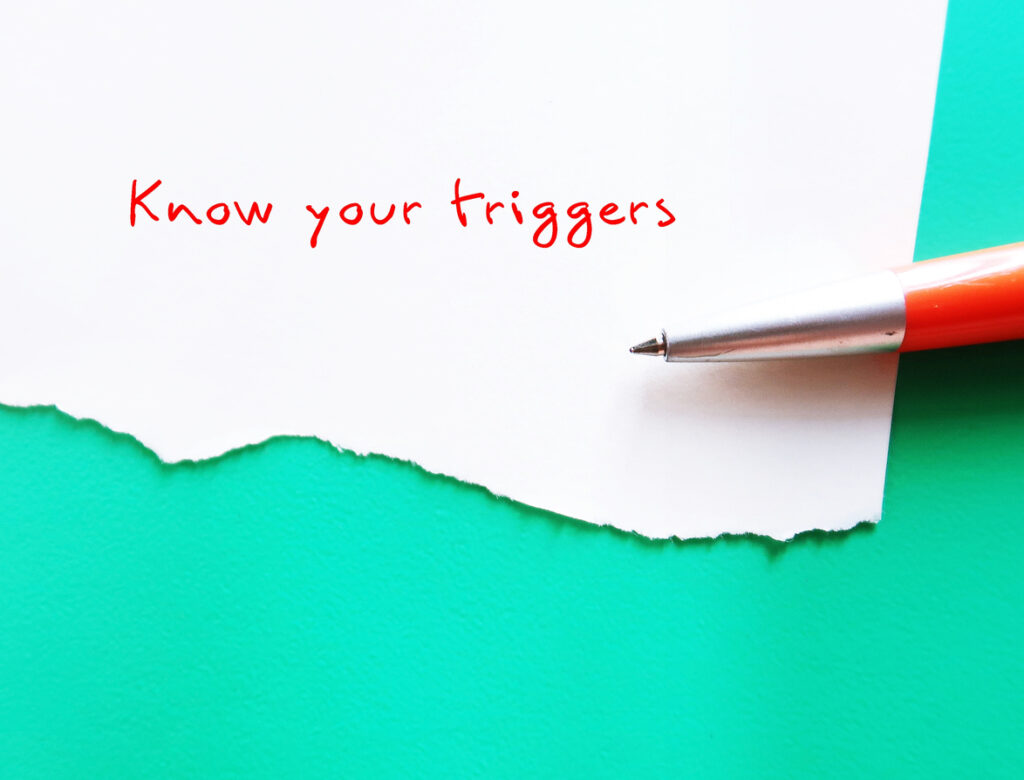The fabric of any relationship is intricately woven with threads of trust, understanding, and mutual respect. When this fabric is torn by the betrayal of trust in a relationship, it leaves a lasting impact that resonates through its very core.
When the foundations are shaken in a close partnership, it opens up a complex emotional landscape that may not be easy to navigate. It’s a journey marked not just by the challenge of overcoming the incident but also by the opportunity for deeper understanding and connection.
The experience of being let down by someone close doesn’t just impact the present moment. It reverberates through the memories and future plans shared between the partners. It leaves them facing a whirlwind of emotions and tough choices about the path ahead. This situation tests not only the bond between them but also brings about a profound self-reflection and evaluation of their dynamics.
Choosing to move forward after such an event is a significant decision, requiring a mix of introspection, honest communication, and a shared commitment to growth. At the core of this exploration is the question of resilience and renewal in partnerships. Can a bond not only survive such testing times but also emerge stronger and more honest?
Can Someone Love And Still Betray You?
It may be difficult to understand how someone can care deeply yet make choices that hurt their partner. Human emotions are complex and often contradictory. It’s possible for someone to care for their partner truly yet make decisions that result in betraying trust in a relationship.
This situation usually reflects more than just the state of their emotions. Factors like flawed decision-making, personal weaknesses, or external pressures can lead to such hurtful actions. Recognizing this doesn’t mean excusing the hurt caused, but it does provide a broader perspective. Sometimes, these actions aren’t about a lack of affection but rather about individual struggles or unmet emotional needs.

What To Do When Trust Is Broken In A Relationship?
Navigating the aftermath of betrayed trust in a relationship is challenging, often leaving both partners grappling with hurt and confusion. To move towards healing and possibly mending the bond, some of these steps can be helpful:
1. Acknowledging The Hurt
It’s important for both individuals involved to recognize and validate the pain caused. The person responsible for the hurt might want to own up to their actions, showing genuine remorse, while the aggrieved partner should openly express how the incident affected them. This step is crucial for laying the groundwork for any potential reconciliation.
2. Seeking Understanding
Understanding why the disappointment occurred is also important. This step goes beyond justifying the actions. The partners should uncover the root causes, whether they are emotional, situational, or a combination of various factors. Sometimes, the reasons behind such actions are complex and require a deep dive into personal or mutual issues within the bond.
3. Deciding On The Future
Both partners must decide clearly about their willingness and ability to work on mending the bond. This decision should be grounded in honesty and a realistic assessment of whether the bond can withstand this storm. The partners must weigh the love and history against the hurt and decide if the relationship is salvageable.
4. Engaging In Open Communication
Transparent and empathetic communication is the cornerstone of this process. It involves not just talking but actively listening to each other’s perspectives and feelings. Through open dialogue, misunderstandings can be clarified, and a pathway for healing can be established.
5. Seeking Professional Help
In many cases, the assistance of a therapist or counselor can be invaluable. These professionals can provide guidance and tools for healing and suggest effective activities to rebuild trust in a relationship. Their expertise can offer a neutral perspective and help navigate the complex emotions and challenges involved.

Can A Relationship Recover From Betrayal?
The prospect of healing and regaining strength in a bond after a significant disappointment is a complex issue. Recovery in such scenarios is difficult but not impossible. The process hinges on the willingness and dedication of both partners to navigate through the aftermath together.
Key to this journey is reconstructing the foundation of the bond through openness and mutual respect. This demands time, consistent effort, and a great deal of patience from both individuals involved.
Often, in the process of rebuilding trust and honesty in a relationship after betrayal, partners who successfully manage to work through their issues find that their connection deepens. This heightened understanding and stronger bond come from facing and overcoming the challenges together. However, this process is far from straightforward. The partners will likely need to have difficult but essential conversations, address uncomfortable truths, and strive to understand and forgive one another.
As the process unfolds, asking meaningful questions to rebuild trust in a relationship can be instrumental. These conversations can help clarify misunderstandings, establish new boundaries, and reaffirm commitments. The outcome, whether it leads to a stronger partnership or a respectful parting, hinges on the depth of understanding and the efforts put into the healing journey.
How To Rebuild Trust In A Relationship After Betrayal?
Rebuilding trust and honesty in a relationship after betrayal is a nuanced process that requires time and intentional effort. Simply choosing to stay together may not be enough. This process requires both individuals to deeply commit to understanding and processing the emotions that surface.
1. Committing To The Process
Both individuals need to wholeheartedly commit to the healing journey. This commitment goes beyond the decision to remain in the relationship. It requires mutual dedication to understanding each other’s feelings and working through the challenges that arise.
2. Ensuring Complete Transparency
For the partner who caused the hurt, maintaining complete transparency is essential. This involves open communication about their actions and future intentions, providing the necessary reassurances and clarity to rebuild a sense of trust.
3. Establishing New Boundaries
Jointly setting new boundaries is a critical step. These boundaries will be the foundation for the new phase of the relationship, helping prevent the recurrence of past issues and fostering a sense of mutual respect and honesty.
4. Demonstrating Commitment Through Actions
In situations involving betrayed trust in a relationship, consistently demonstrating commitment through actions is more effective than words alone. The partner who caused the hurt may need to show, through their behavior, their dedication to repairing and strengthening the relationship.
5. Embracing Forgiveness
Forgiveness plays a key role in the healing process. The individual might need to make a conscious choice to move forward without holding onto resentment, understanding that forgiveness is as much about personal peace as it is about absolving the other’s actions.
6. Creating New Positive Experiences
Participating in shared activities to rebuild trust in a relationship can significantly aid in healing. Engaging in new hobbies, planning shared experiences, or simply investing quality time together can foster reconnection and strengthen the emotional bond.
Heal From Betrayed Trust In A Relationship With PIVOT
Our trustworthy Glass House retreat offers a sanctuary for deep emotional healing and trust restoration. This serene and supportive environment is the perfect setting for individuals grappling with the aftermath of relationship issues.
At our retreat, you’ll be guided by expert coaches who specialize in relationship dynamics and emotional recovery. They provide personalized support, blending therapeutic techniques with compassionate understanding. Our program includes a mix of compassionate individual sessions, group discussions, and reflective activities, all designed to address the nuances of trust issues.

Whether you’re seeking to heal individually or considering the future of your relationship, our retreat offers a safe space to explore these decisions. You’ll leave with not only a deeper understanding of your experiences but also practical tools and strategies to build healthier, more resilient relationships.
Begin a new chapter in your journey toward healing and trust. Join our retreat and take a significant step towards a more fulfilling and trusting future in your relationships.

















 2) Fast, Intense Relationships That Suddenly End
2) Fast, Intense Relationships That Suddenly End
